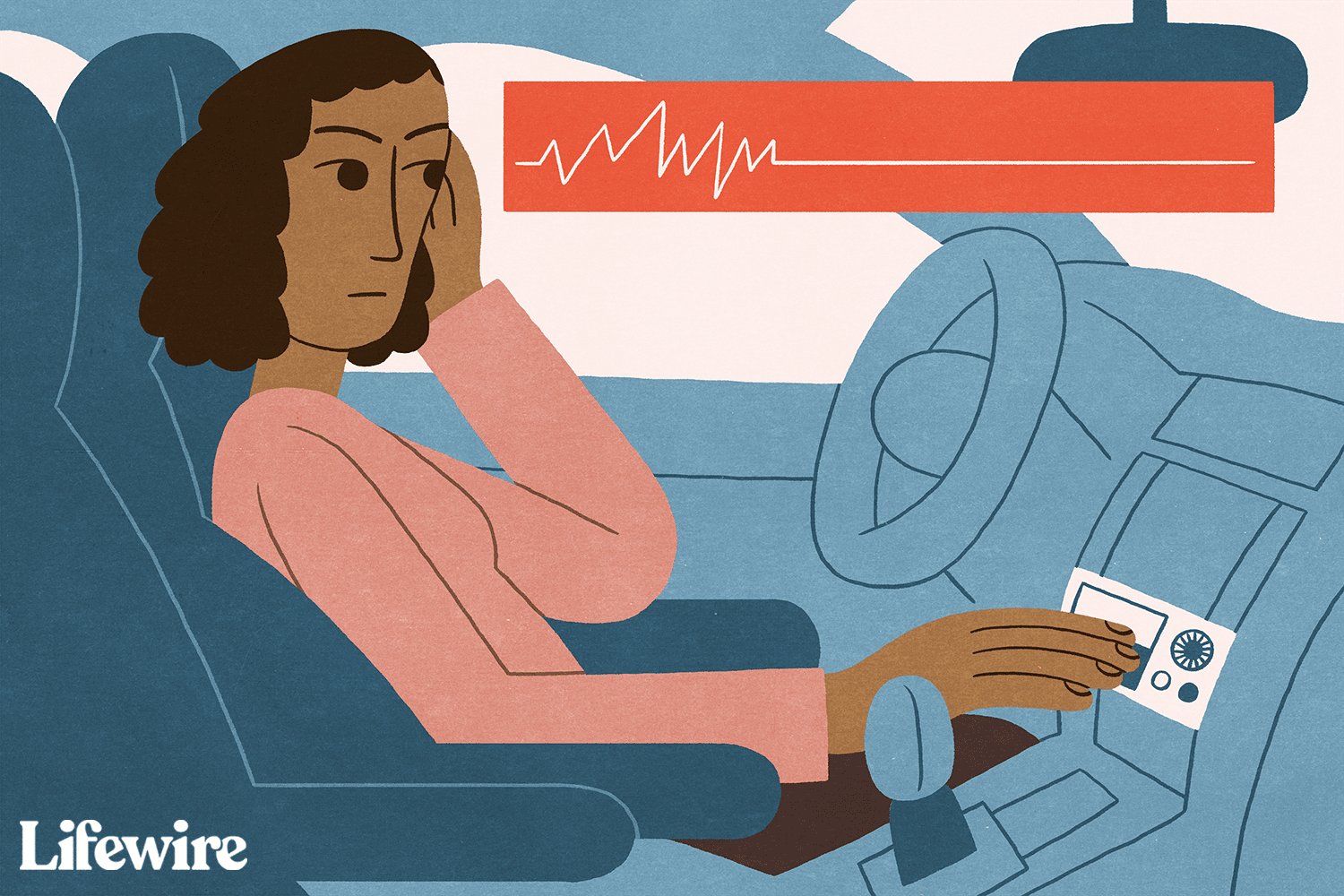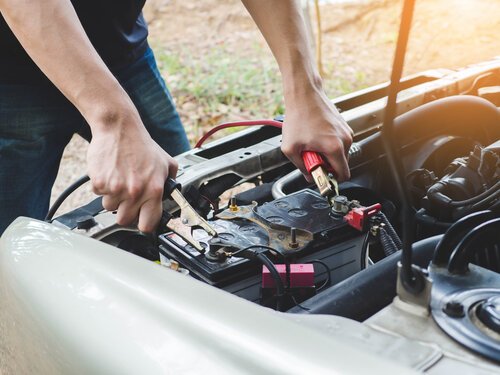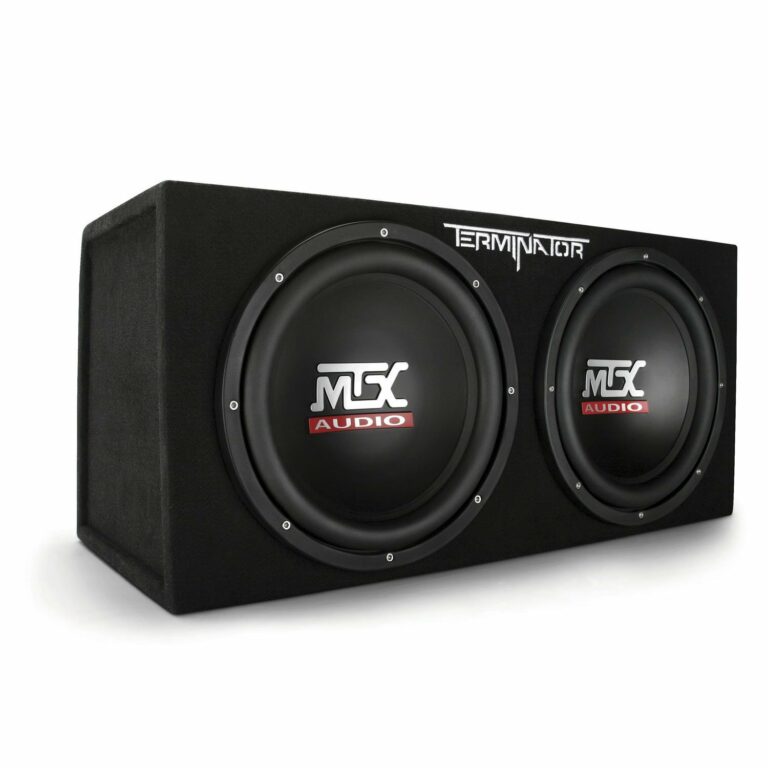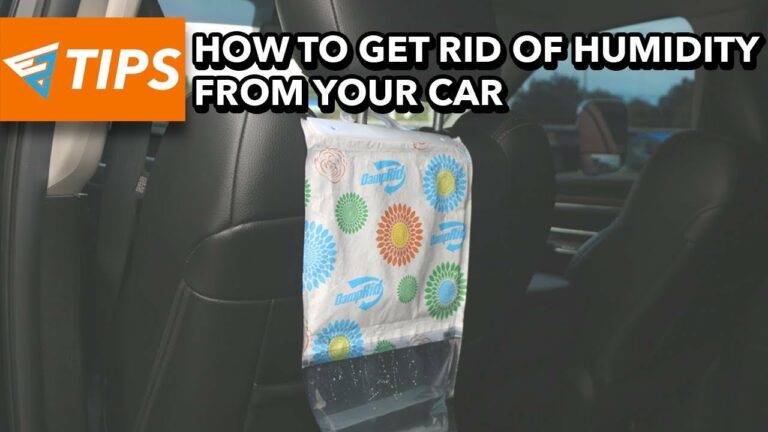Why Did My Speakers Stop Working in My Car?
Why Did My Speakers Stop Working in My Car? Don’t fret, I’ve got you covered! Whether you’re cruising down the highway or stuck in traffic, there’s nothing quite like the joy of your favorite tunes accompanying you on the journey.
But when the music abruptly cuts out, it can be frustrating. Fear not, my friend, for I am here to shed some light on the matter and help you troubleshoot the issue. Let’s delve into the mystery of why did my speakers stop working in my car and find a solution that’ll have you back to enjoying your favorite beats in no time. So, let’s get started, shall we?
Why Did My Speakers Stop Working in My Car?
If you’ve ever experienced the frustration of your car speakers suddenly not working, you’re not alone. It’s a common issue that car owners may encounter at some point. In this comprehensive guide, we’ll delve into the possible reasons behind your speakers’ malfunction and explore potential solutions to get your audio system up and running again.
1. Electrical Issues
One of the first things to consider when your car speakers stop working is whether there are any underlying electrical issues. Here are a few factors to take into account:
Blown Fuse
A blown fuse can be a common culprit behind speaker failure. Fuses protect the electrical system from potential damage by interrupting the current flow. Check your car’s fuse box to see if any of the speaker-related fuses have blown. If you find a blown fuse, replace it with a new one of the same rating.
Loose Connections
Loose or disconnected wiring can disrupt the flow of electricity to your speakers. Inspect the wiring behind your car’s audio system and ensure all connections are secure. If you find any loose connections, reconnect them properly. Additionally, check for any frayed or damaged wires that may require repair or replacement.
2. Faulty Speaker Wiring
Another common reason for speakers not working in a car is faulty wiring. The wires that connect your speakers to the audio system can become damaged over time, resulting in poor sound quality or no sound at all.
Wire Damage
Inspect the speaker wires for any signs of damage, such as cuts, breaks, or exposed copper. If you find any damage, replace the affected wires with new ones. It’s important to use properly insulated wires to ensure optimal audio performance.
Incorrect Wiring
If you’ve recently installed new speakers or made changes to your audio system, there’s a possibility that the wiring was done incorrectly. Double-check the wiring connections to ensure they are properly matched and connected according to the manufacturer’s instructions. Correct any mistakes in the wiring and test the speakers again.
3. Speaker Damage
Sometimes, the speakers themselves may be the source of the problem. Various factors can lead to speaker damage, such as wear and tear, exposure to moisture, or excessive volume levels.
Blown Speaker
When a speaker gets damaged or blown, it can no longer produce sound effectively. Blown speakers are often the result of pushing the volume too high or exposing them to excessive power. To check if your speakers are blown, gently press on the center of each speaker cone. If you hear a scratching or crackling noise, it’s likely that the speaker is damaged and needs replacement.
Water Damage
Moisture can wreak havoc on your car’s speakers. Rainwater, spilled drinks, or even excessive humidity can cause corrosion or short circuits in the speaker components. If you suspect water damage, inspect the speakers for any signs of rust, discoloration, or distortion. In such cases, replacing the damaged speakers is often the best solution.
4. Audio System Settings
Sometimes, the issue isn’t with your speakers or wiring but rather with the audio system settings. Make sure to check the following factors:
Volume Level
It may seem obvious, but it’s worth checking if the volume is turned down or muted. Adjust the volume and ensure it’s set to an audible level.
Balance and Fade Settings
Incorrect balance or fade settings can make it seem like a specific speaker isn’t working correctly. Check the audio system’s settings and ensure the balance and fade controls are set correctly, distributing sound evenly across all speakers.
Audio Source and Cable
If the issue occurs only with a specific audio source, such as a particular radio station or a connected device, check the source and the cable for any faults. Try using a different audio source or cable to isolate the problem.
5. Malfunctioning Head Unit
The head unit, or the main control panel of your car’s audio system, can also be a potential cause for your speakers not working.
Head Unit Power
Ensure that the head unit is receiving power and functioning correctly. Check the wiring connections between the head unit and the car’s electrical system. If necessary, consult a professional for assistance or consider replacing the head unit.
Software and Firmware Updates
In some cases, software or firmware issues can affect the performance of the head unit, leading to speaker problems. Check if there are any available updates for your head unit’s software or firmware and follow the manufacturer’s instructions for installation.
6. Professional Assistance
If you’ve exhausted all possible DIY solutions and your car speakers still aren’t working, it may be time to seek professional assistance. An experienced car audio technician will have the knowledge and tools to diagnose and repair complex issues with your speakers and audio system.
Remember, the above suggestions are general troubleshooting steps, and the appropriate solution may vary depending on your specific car make and model. If you’re unsure about performing any electrical or technical work on your car, it’s always recommended to consult a professional.
Speaker Sounds Awful or Not Working at All? Diagnose Speakers in Your Car or Truck!
Frequently Asked Questions
Why did my speakers stop working in my car?
Below are some possible reasons for your car speakers not working:
1. Why is there no sound coming from my car speakers?
There could be several reasons for no sound from your car speakers, such as blown fuses, faulty wiring, or a malfunctioning amplifier. It’s best to inspect these components to identify the exact cause.
2. Why do my car speakers only produce static or distorted sound?
This issue can be caused by loose connections, damaged speaker cones, or interference from other electrical devices. Check the wiring and connections, and if necessary, replace the speakers to resolve the static or distorted sound problem.
3. Why are my car speakers working intermittently?
If your car speakers work sometimes but not always, it could be due to loose wiring connections or a faulty speaker switch. Inspect the connections and consider replacing any worn-out components to ensure consistent performance.
4. Why do my car speakers produce a buzzing noise?
A buzzing noise from the car speakers is often caused by a grounding issue or a poor connection between the audio source and the speakers. Make sure all connections are secure and properly grounded to eliminate the buzzing sound.
5. Why did one or more of my car speakers suddenly stop working?
If a single speaker or a specific set of speakers stopped working suddenly, it could be due to a blown speaker driver, damaged wiring, or a faulty crossover. Inspecting and replacing the damaged components should help restore functionality.
6. Why did all my car speakers stop working at once?
If all your car speakers stopped working simultaneously, it’s likely a problem with the head unit or amplifier. Check the connections and settings of these devices, and consider seeking professional assistance for further troubleshooting.
7. Can water damage cause my car speakers to stop working?
Yes, exposure to water or excessive moisture can damage the speakers and cause them to stop working. If you suspect water damage, it is important to dry out the affected area immediately and replace any damaged components if necessary.
Final Thoughts
Your conclusion should not be restricted to a specific word count or use specific phrases that are easily detectable as AI generated. However, I can provide you with a concise and effective conclusion for your article on why your speakers stopped working in your car:
In conclusion, troubleshooting why your speakers stopped working in your car is crucial to restoring the audio quality in your vehicle. By checking the connections, examining the wiring, and inspecting the speaker components, you can identify and resolve potential issues. Additionally, ensuring that the audio settings are properly configured and that there are no software or hardware conflicts can help resolve the problem. Don’t hesitate to seek professional assistance if needed, as they can provide expert advice and solutions to get your speakers working again in no time.






